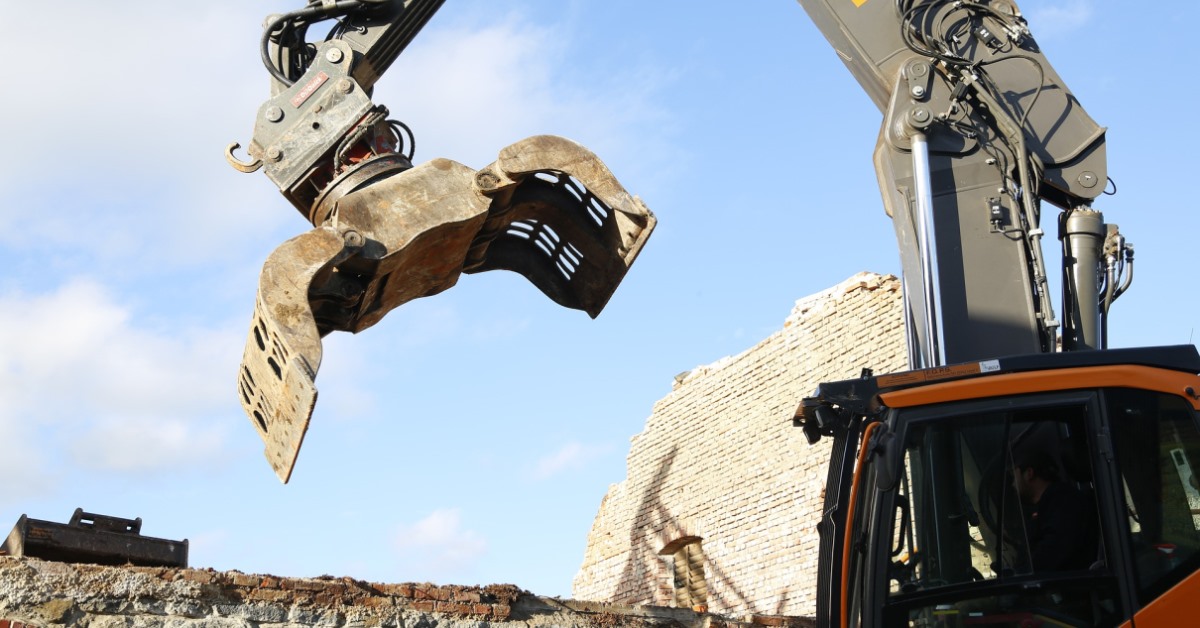
With the current flow into states and cities of federal infrastructure and economic recovery funds, an increase in the use of eminent domain to secure land for public improvement projects is to be expected. If you are contacted by a public entity that wants to acquire some or all of your land, you need to consider several things.
Handling Eminent Domain Offers
First, do not take the initial offer. In fact, do not take anything until you have done some research. The governmental entity will send you a letter with information about the project and how much of your property they want. They will enclose an appraisal and make you an initial offer. They may engage in some negotiation, but it is likely that they will not change their offer unless you have a competing appraisal or other information to support higher compensation.
They may go back and forth a few times with counteroffers, but they will probably send a final offer soon, so they can proceed along the necessary timeline to be able to take possession of the property, which they can do without actually acquiring it. Unfortunately, it is almost impossible to prevent a taking because anything that qualifies as a public use (including most economic development) gives the entity the right to take, so long as they pay you just compensation.
Eminent Domain – Research and Appraisal
Second, you need to determine how much your property is worth. Hiring an appraiser may cost too much when a small amount of property is targeted for public taking, plus many appraisers are currently so busy that it takes at least ninety days to obtain an appraisal). Several public sources can help you do some research. A property owner is allowed to testify to their own opinion of value, so long as they show some qualifications obtained by familiarity with the market. You may also obtain help from a real estate broker, but remember to refer to their conclusion as an opinion of value, not an appraisal. This is probably a good point to hire a lawyer. Many charge a percentage of the ultimate award, rather than hourly fees.
Business Impact of a Public Taking
Third, make sure you understand the impact of the taking. Most often, the government taking is for a strip of frontage to widen a road or highway. You will be compensated by the square foot value and keep your remaining property, which may be reduced in value by the loss of the portion acquired. For example, do you own a small business in a municipality that requires a parking ratio – but the proposed taking will reduce your square footage to where you no longer satisfy that ratio? Do you have a business sign that is in the proposed area taken that must be replaced? You would not just need to know the cost of replacing the sign, but also whether applicable ordinances will allow you to move it to your remaining land.
The entity cannot pay you for lost income.
Condemnation Suit
If you are not able to reach a resolution in a few weeks, the entity will file what is called a condemnation suit. They file it in county court, but it’s not really a lawsuit in the usual sense of the term, at least not yet. The judge appoints three special commissioners who conduct a hearing to reach a decision on the value of the property to be acquired. It is somewhat informal, depending on the individuals appointed as commissioners. Often, they are the judge’s loyal campaign workers who get a few hundred dollars for their time. Sometimes they are lawyers or real estate professionals with relevant experience. They must at least be property owners in the county in which the property is located.
The hearing is usually in a conference room at the office of the governmental entity. These days, the hearing may be conducted over Zoom. The condemning authority first puts on basic evidence of the project and why your property is needed by the public, but the commissioners have no say over whether the taking is allowed. They are only there to put an initial price on the transaction. The authority then puts on its appraiser. The landowner often testifies to the special nature and usages of the property and the impact that the taking will have on the remaining value. The owner then presents evidence of value.
The commissioners determine a value of the taking and file their decision with the court. Either side can file an appeal and turn the proceeding into an actual court case, but the entity can deposit the amount the commissioners awarded in the registry of the court and go ahead and take possession of the property. That is the only way the commissioners’ value is used. Once a party appeals, the award is vacated. If you do not contest the entity’s right to take your land, you can then withdraw the amount, pending final determination by mediation, a judge, or a jury. If you haven’t yet hired an attorney, this is the time to do so.

